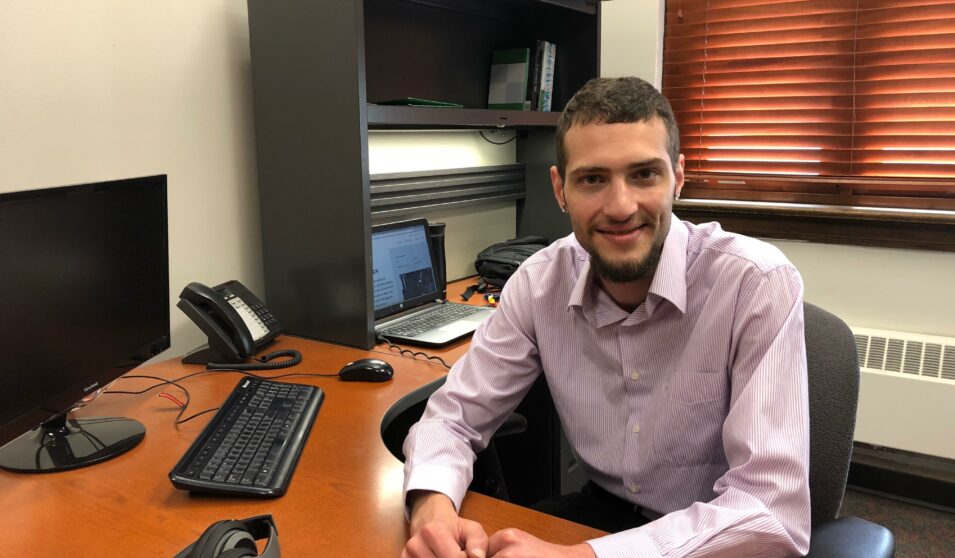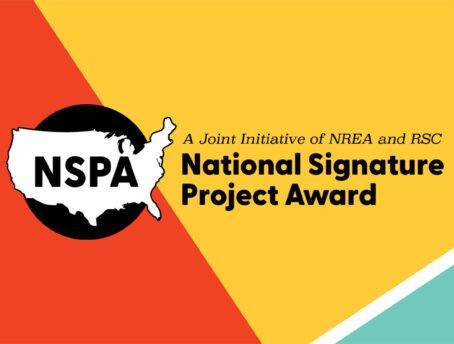I attended high school in the suburbs of the Syrian capital, Damascus. Damascus is a massive city with a large population, yet, academic and curricular opportunities are limited. As Syria is controlled by an authoritarian socialist government, all the educational, economic, and political institutions are run by the government, directly or indirectly. The educational system is, thus, regulated by the Ministry of Education in which study materials are unified across the nation (i.e., all Syrian students study the same exact books).
In Syria, there are only five public universities. Based on the high school final exam results, students would know if they got enough grades to study the major they would like, and in which one of these universities. I was at the last year of my high school when the Syrian conflict was triggered, and protests filled up most of the Syrian towns and cities. I wanted to study Media after high school. But Media was only taught in one of these five universities -Damascus University-, and I was missing 1 grade point to be able to enroll. Hence, I had to retake my final year of high school to earn more grades and to be able to study Media. After retaking my high school, I earned enough grade points and I became a Media student at Damascus university. However, I was not able to attend classes during that academic year because of the war and the dangerous route to my university.
My family and I decided to leave Syria because my brother and I wanted to continue our studies. My brother received a scholarship from Monmouth College, located in rural Western Illinois. Thus, he came to the U.S. to study at Monmouth College. At that time, I wanted to stay with my parents. My father, my mother, and I decided to go to Egypt. Hence, I applied to Egyptian universities and received a scholarship from the University of Alexandria. Before we were able to move to Egypt, the military coupe happened in Egypt, and the new Egyptian President stopped allowing visas for Syrians. Therefore, my parents and I went to Turkey. In Turkey, I started to think that I will lose more years in Turkey in the attempt of learning the Turkish language.
I spent one year in Turkey looking for scholarships in both Turkey and the U.S. I received scholarships from the University of Istanbul, Monmouth College, St. Louis University, and University of Rochester. I decided to leave Turkey and go to the U.S. so that I do not lose more years trying to learn Turkish. I was not able to attend St. Louis University or University of Rochester because they were very expensive even after the scholarship. Hence, I decided to follow my brother to Monmouth College for I was able to afford my tuition after the scholarship I received. Monmouth College is a small liberal arts college in Western Illinois. My experience at Monmouth College was amazing. It allowed me to experience the Rural Advantage in which I believe I would not be able to experience if I attended big universities such as Rochester or St. Louis.
At Monmouth College, I majored in political science and minored in media and psychology. Also, I was involved in many curricular activities. My experience taught me a lot about the importance of Education in Rural areas. Unlike Syria, rural areas in the U.S. enjoy the goodness of educational and research institutions that allow better development and services for these rural communities. At the same time, the rural advantage plays an important role in providing a better learning experience for students because of the community engagement projects. For instance, one of the projects that I was involved in at Monmouth College is the Volunteer Income Tax Assistance (VITA).
The Volunteer Income Tax Assistance (VITA) program offers free tax help to people who generally make $54,000 or less, persons with disabilities and limited English speaking taxpayers who need assistance in preparing their own tax returns. IRS-certified volunteers provide free basic income tax return preparation with electronic filing to qualified individuals.[1]
Two professors at Monmouth College teach and prepare students to file federal and state taxes. Once students pass the VITA exam and become certified as volunteer by the IRS, they start filing for members in our rural community. As such, the community benefits from the knowledge that the students gained, and the students benefit from the practical experience of filing taxes for the community members.
The VITA project is only one from many projects happening at Monmouth College or at the rural areas in general. The rural advantage in small size classroom and being involved in such projects allows a closer and stronger teacher-student relation. I could talk for days about how being part of this educational advantage and some of these projects enhanced my learning experience and improved my knowledge. I work currently with the Rural Schools Collaborative to support rural education and to prepare future rural teachers, so they could become prestigious leaders in their communities, just like my teachers who taught me at Monmouth College. It is indeed an advantage worth working for.
Pictured in inset (left to right): Gary Funk, RSC director; Amjad Karkout, Community Engagement Fellow; Michelle Holschuh Simmons, Jenni Dickens, Tammy La Prad, and Craig Vivian, Monmouth Educational Studies Department; and Jim Beddow†, RSC chair.
†Dr. Jim Beddow, longtime RSC advocate, board member and chair emeritus, and passed away on June 25, 2023. Read more about his legacy.




